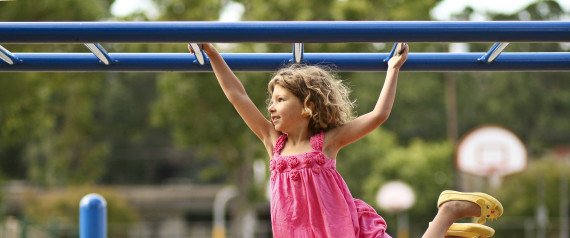Recess Is Not a Privilege

I am a high school teacher, and if there is one thing I know about education it is that modern education is steeped in research and data. Teachers collect and examine data in formative assessments (checking to see if students are learning as we go) and summative assessments (checking to see if student learning is complete). We look at data from last year's test scores and this year's test scores. We look at what the research says about effective and ineffective teaching methods. We are even expected to collect and use data to determine and communicate how we can improve professionally. Research-based and data-driven are big, big buzz words in education. We are reminded time and again that our instruction must be research-based and data-driven.
Except when it isn't.
When it comes to recess and the importance of play and physical activity, too many schools ignore the current research. Instead of treating recess as an important, in fact crucial, part of a student's day, some schools still act as if recess is a privilege bestowed on well-behaved, compliant students. They use recess as a bargaining tool and withhold it as a form of punishment.
As parents we tend to accept this. After all, most of us remember losing a recess now and then due to too much talking or an incomplete assignment. I remember staying in Mr. Lovelady's fourth grade class during more than a few recesses, writing, "I will not talk in class." until my hand ached. I hated to miss recess, but I survived it. So why should it bother me if my son or other kids lose recess from time to time? The difference is that we had three recesses. In total, we had over an hour every day to play, run, talk, and be with our friends. Many kids today are lucky to get twenty minutes.
The research is clear. According to the American Academy of Pediatrics, recess plays Recess Is Not a Privilege | Laura Hanby Hudgens:
